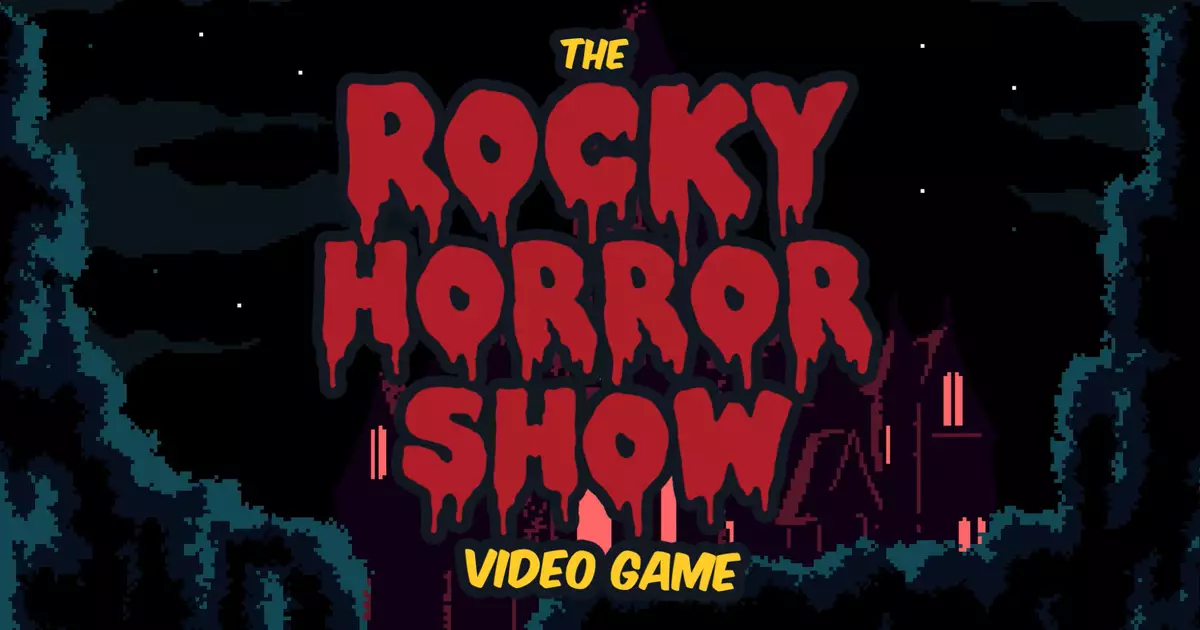In the realm of cult classics, few titles evoke the fervor and nostalgia that “The Rocky Horror Show” does. For many, including myself, it transcends mere entertainment and transforms into a cultural phenomenon steeped in atmosphere, rebellion, and unapologetic individuality. My first encounter with this flamboyant musical was during a fan screening in 2005, a night teeming with energy amidst a sea of colorful props and costumed attendees. This moment encapsulated the spirit of the show—deviation from the homogeny of mainstream cinema into a carnival of eccentricity.
One of the memorable aspects of attending a Rocky Horror screening is the collective experience shared by its fans. The audience is not merely there to watch; they’re participants in an ongoing dialogue with the film. With everyone equipped with their suspenders, feather boas, and custom heckles, we form a unique bond. During that fateful 2005 showing, the crowd erupted in a synchronized chant, bellowing “it’s just a model” as Dr. Frank-N-Furter’s castle ascended into the heavens. It’s a moment suspended in time, underscoring the beauty of communal interaction in a film that has inspired so many to embrace their quirks and rebellious nature.
I recall my reaction, a spontaneous “shhhh!” escaping my lips in an attempt to reclaim the moment of cinema for personal appreciation. This instinct did not resonate well with the audience, particularly with a striking woman who reprimanded me with a gentle flick to the back of my head. It was as if she possessed an innate understanding of what being a true fan entailed, and I found myself in a tension-filled exchange that underscored the dynamics of being a part of a living, breathing fan experience. My intention was to reference another slice of classic film humor—the iconic “It’s just a model” from “Monty Python and the Holy Grail”—but alas, my subtlety was lost in the playful mayhem surrounding me.
“The Rocky Horror Show” originally debuted in 1973, emerging at a time when societal norms regarding sexuality and gender expression were rigid. This campy musical dared to challenge these conventions, offering a narrative rife with sexual liberation and fantastical escapades. Tim Curry’s portrayal of Dr. Frank-N-Furter encapsulates the film’s boldness, inviting audiences into a world of wild characters and outrageous acts. While I contemplate how well the film has aged, one thing remains definitive: its role in shaping the landscape of bisexual representation and gender fluidity cannot be overlooked.
As I reflect upon the implications of Rocky Horror, it’s crucial to acknowledge its incapacity to simply exist as a nostalgic relic. It continues to inspire new interpretations and adaptations, including a forthcoming video game from FreakZone Games. The adaptation promises to recapture the chaotic charm of the original narrative, allowing a new generation to leap into the world of Brad and Janet. The promise of classic platforming mechanics accompanied by chiptune renditions captures the whimsicality integral to the show’s essence.
While I eagerly anticipate the game’s release later this month, my mind drifts back to that night in 2005, questioning whether my sense of embarrassment about my heckling will ever truly dissipate. The laughter still lingers in the air, entwined with the ghastly yet exhilarating tune of “Time Warp.” Will the game—a homage to the distinct nature of “The Rocky Horror Show”—belittle or enhance the spirit of the original work? I hold onto hope that it will serve as a bridge between different mediums, inviting fans to explore this beloved narrative from a fresh angle.
The charm of “The Rocky Horror Show” lies in its ability to inspire candid reflections on identity and expression. It serves as a reminder of the joys of community in the face of divergence and confrontation. Whether through its engaging story, the merriment of audience participation, or its emerging interpretations, one thing is certain: the legend of “The Rocky Horror Show” will continue to endure, occupy space in our hearts, and encourage us to celebrate our own peculiarities.


Leave a Reply